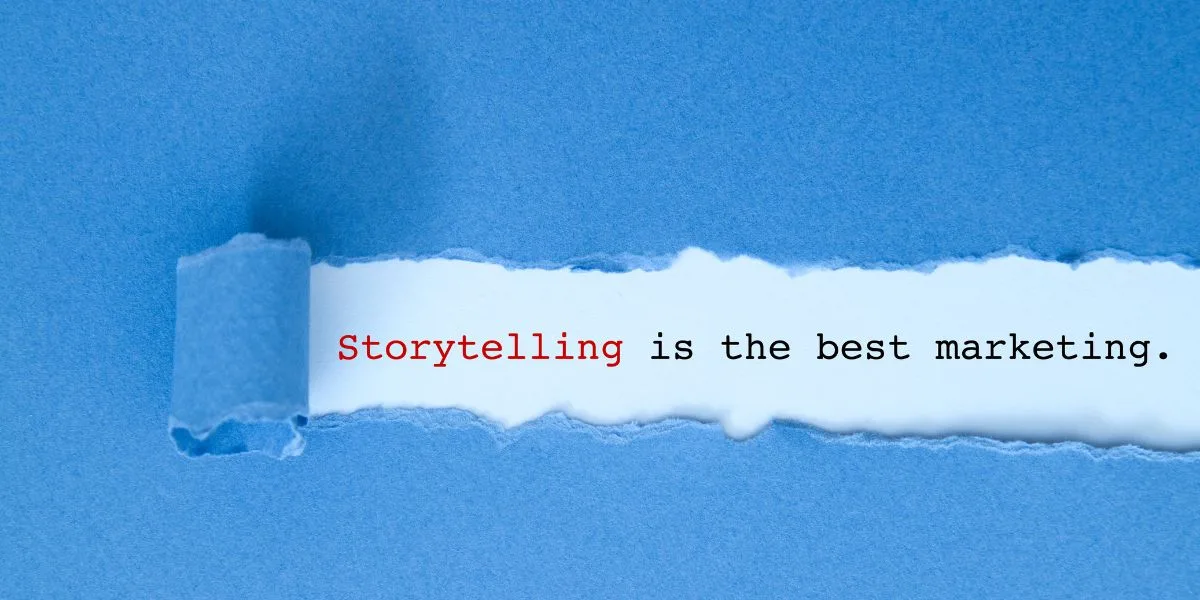Listen to this Article
Marketing is competitive, and audience engagement is a critical element for small business success. No matter what industry you’re in, engaging with your audience not only helps build stronger relationships but also boosts your brand’s visibility and drives growth. But what does “audience engagement” mean, and why is it so important for small businesses? Let’s dive in and explore why engagement is essential and how you can use effective strategies to enhance it.
What is Audience Engagement for Small Businesses?
Audience engagement refers to the ongoing interaction and communication between your business and your audience, whether it’s through social media, email marketing, blogs, or other digital channels. It’s about connecting with your customers, sharing valuable content, and responding to their concerns, questions, or feedback.
For small businesses, audience engagement is an opportunity to establish a loyal customer base and create meaningful interactions that lead to conversions. It involves not just reaching out to your audience but also listening to their needs, responding to their inquiries, and providing valuable content that resonates with them. It’s the process of turning passive consumers into active participants in your brand’s story.
Why Audience Engagement Matters for Small Business
For small businesses, building strong, lasting relationships with customers is a must. Why audience engagement matters for small business goes beyond just making sales—it’s about creating a community. When your audience feels heard and valued, they are more likely to trust your business and become repeat customers. Engagement helps you build credibility and authority in your field, positioning you as a go-to solution for your audience’s needs.

Building Trust and Loyalty
Trust is one of the most important factors in driving long-term customer relationships. In the age of the internet, consumers are flooded with options, and it can be difficult to stand out. By engaging with your audience consistently, whether through social media, email, or live seminars, you create a sense of familiarity and trust with your audience. Engaged customers know they can rely on your brand to provide answers to their questions, offer valuable insights, and share information that benefits them.
When your audience sees that you’re actively listening to their feedback and making improvements, their trust in your brand deepens. This leads to long-term loyalty, which is crucial for small businesses that depend on repeat customers and referrals.
Creating a Community Around Your Brand
Audience engagement fosters a sense of community. When people engage with your brand, they become more than just customers—they become part of your brand’s story. Whether it’s through social media conversations, webinars, or in-person seminar interactions, every touchpoint is an opportunity to build that community.
A strong, engaged community is an asset for any business. Not only does it help strengthen customer relationships, but it also creates advocates for your brand. Customers who feel part of a community are more likely to recommend your business to others, spreading the word and attracting new clients.
Driving Organic Growth and Brand Advocacy
Engagement doesn’t just build loyalty—it drives organic growth. Engaged customers are more likely to share your content, recommend your products or services to others, and leave positive reviews. Word-of-mouth is one of the most effective forms of marketing, and it’s fueled by an engaged audience.
By cultivating strong engagement, your small business can harness the power of your satisfied customers to attract new ones. A highly engaged audience is one that not only purchases from you but actively promotes your business to others, which can be more effective than any paid advertising campaign.
How to Engage Your Audience: Effective Strategies for Small Businesses
Engaging your audience isn’t about bombarding them with advertisements; it’s about creating interactions that feel personal, meaningful, and valuable. Here are some effective engagement strategies for small businesses to consider:
1. Leverage Social Media to Connect and Converse
Social media platforms provide a direct channel for engaging with your audience. Rather than just posting product updates, take time to interact with comments, start conversations, and ask questions. Respond to reviews, comments, and direct messages promptly to show your audience that you care about their opinions.
Social media engagement goes beyond liking and sharing posts. It’s about building relationships. Encourage followers to participate by asking them questions related to your industry, creating polls, or prompting discussions that spark interest. This type of engagement creates a space for your audience to interact with you and each other, strengthening their connection with your brand.
2. Offer Content That Educates and Adds Value
One of the most effective ways to engage your audience is by offering content that helps them solve problems. When people search for information, they want answers that are helpful and actionable. By providing valuable content such as blog posts, videos, webinars, and infographics, you can address their concerns and establish your brand as an authority in your field.
For example, if you’re a small business offering financial services, you can create blog posts explaining key financial concepts, video tutorials on budgeting, or downloadable checklists for financial planning. This not only helps your audience but also builds trust by showing them that you’re knowledgeable and willing to help.
3. Personalize Your Communication
Personalization is key when it comes to improving engagement with your target audience. Use the data you have to tailor your communications, whether it’s through email marketing or customer support. Send personalized offers or content based on customers’ preferences, past purchases, or interactions with your brand.
For example, sending personalized birthday offers, follow-up emails after signing the agreement, or customized content recommendations based on past interactions makes your customers feel valued. Personalized communication shows that you’re paying attention to their needs, and it can greatly increase engagement and sales.

4. Encourage Feedback and Act on It
Engaging your audience is a two-way street. Encourage your customers to provide feedback through surveys, reviews, or social media polls. Use this feedback to make improvements to your products, services, and customer experience. When customers see that their opinions matter, they feel more connected to your brand.
One effective way to collect feedback is by sending out short surveys after a purchase or event. These surveys can provide valuable insights into your customer’s experience and help you improve your offerings. Moreover, when you make changes based on customer feedback, it demonstrates that you care about their needs and are willing to adapt to meet them.
5. Host Interactive Events or Contests
Hosting webinars, live events, or even running social media contests is a great way to get your audience involved. These events offer a fun, interactive way for your audience to engage with your brand and each other. The more fun and valuable the event, the more likely your audience will feel compelled to participate and share their experience with others.
Contests or giveaways are an effective way to build excitement around your seminar events. Offering attendees a chance to win a small prize, such as a gift card or health-related item, for participating in a Q&A session or providing feedback can boost engagement and encourage active involvement. It’s an excellent strategy to make your event more memorable while incentivizing participation and expanding your reach through word-of-mouth.
Improving Engagement with Your Target Audience
Improving engagement with your target audience is an ongoing process. It requires continuously testing different strategies, measuring the results, and adjusting your approach accordingly. Use analytics to understand what content and channels resonate best with your audience. Track your engagement rates and tweak your content or messaging to better align with your audience’s interests and preferences.
For example, if you notice that your audience engages more with visual content, consider producing more videos, infographics, or live streams. Alternatively, if your audience responds better to written content, you may want to focus more on blog posts, eBooks, or white papers. Regularly evaluating your engagement strategies ensures that you’re always connecting with your audience in the most effective way possible.
By focusing on audience engagement, small businesses can see long-term success. Whether you’re just starting out or looking to improve your current strategies, the key is to prioritize meaningful interactions that build trust and credibility with your customers.
Conclusion
Audience engagement is not a one-time tactic; it’s a long-term strategy that helps you connect with your audience, drive brand loyalty, and boost sales. By focusing on how to engage your audience effectively, you’ll see the difference it makes in building relationships that lead to greater success. Remember, the more you invest in engaging with your audience, the more likely they are to return, refer others, and contribute to your business’s growth.
Engaging your audience is about fostering connections, building trust, and creating value that goes beyond just making a sale. Don’t just talk at your audience—engage with them. It’s one of the most powerful ways to grow your small business.
By adding more context and breaking down the engagement strategies further, this version of the blog now has more detail and provides a clearer picture of how small businesses can leverage audience engagement for growth.












